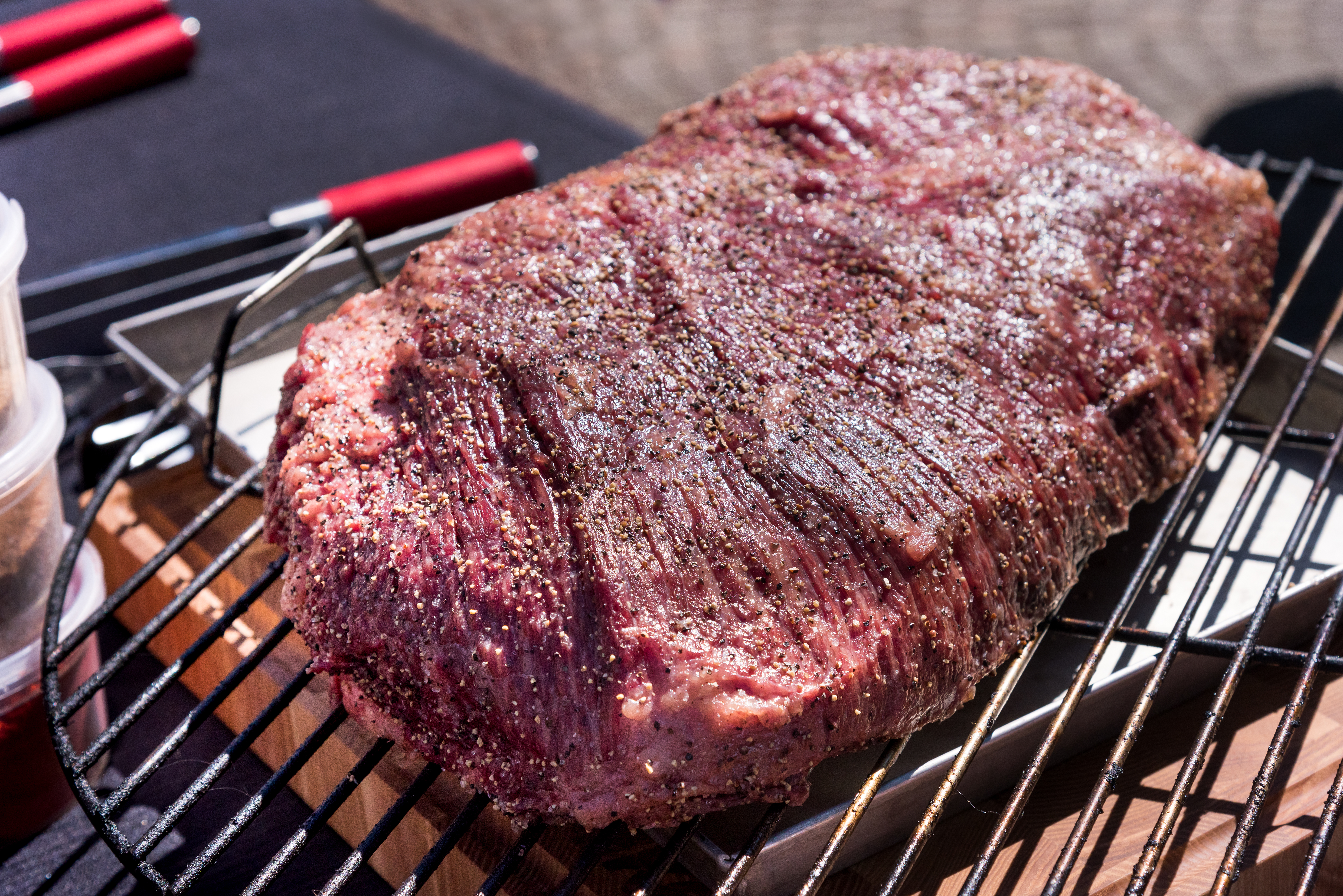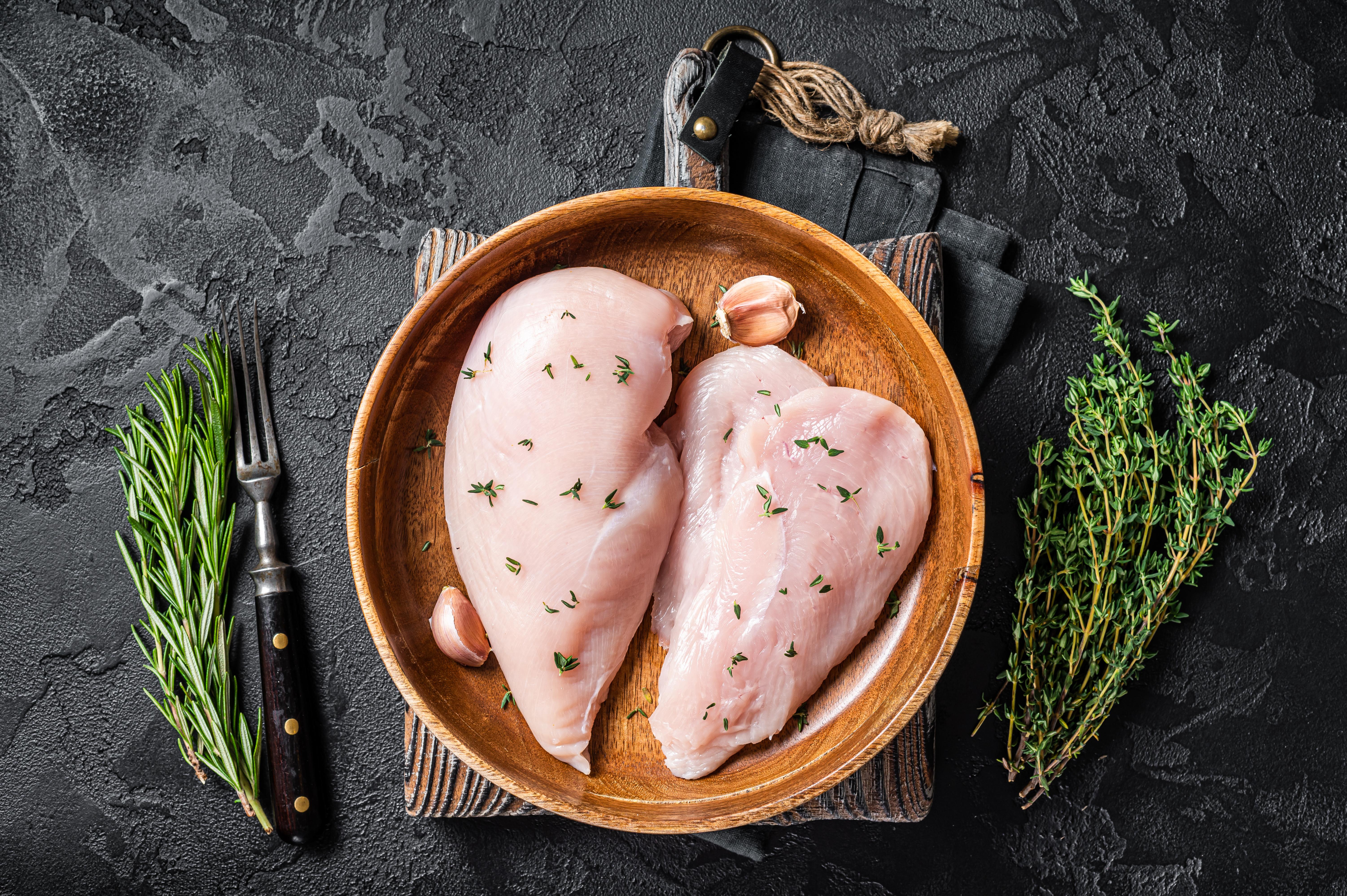20 Muscle-Building Foods That Will Boost Your Strength Naturally
Building muscle isn’t just about what you lift—it’s about what you eat. While hitting the gym gets the spotlight, real gains are made in the kitchen. Your muscles rely on consistent fuel, repair, and recovery—and the right foods can supercharge all three. Whether you’re a seasoned lifter, a weekend warrior, or just starting out, understanding how nutrition shapes your strength is a game-changer. That’s why we’ve expanded our list to 20 of the most effective muscle-building foods that go beyond the basics. From power-packed proteins to plant-based options, each entry delivers essential nutrients that help repair tissue, reduce fatigue, and build sustainable muscle mass. These aren’t fads or fluff—they’re science-backed staples that belong in your rotation. Ready to fuel your progress? Let’s dive into the foods that don’t just complement your workouts—they compound them. This is how muscle is made: one rep, one bite, one smart choice at a time.
1. Lean Beef: The Powerhouse of Protein

Lean beef stands out as a quintessential muscle-building food, renowned for its high protein content and rich nutrient profile. It is packed with essential amino acids, which are the building blocks of muscle tissue. These amino acids play a crucial role in muscle repair and growth, making lean beef an excellent choice for those looking to increase muscle mass. Additionally, beef contains creatine, a compound that has been shown to enhance strength and performance during high-intensity workouts. Beyond protein, lean beef is a rich source of iron and zinc, minerals that support muscle function and overall health. Iron is essential for oxygen transport in the blood, which is vital for muscle endurance, while zinc plays a role in protein synthesis and immune function. Incorporating lean beef into your diet can provide a comprehensive nutrient boost that supports your muscle-building goals.
2. Chicken Breast: A Staple for Muscle Growth

Chicken breast is another top contender in the muscle-building food category, known for its high protein content and low fat levels. It is a versatile ingredient that can be prepared in a variety of ways, making it easy to include in your diet. The protein in chicken breast is highly bioavailable, meaning it is easily absorbed and utilized by the body, making it an efficient source of muscle-building nutrients. In addition to protein, chicken breast provides important vitamins and minerals, such as B vitamins, which are crucial for energy metabolism and muscle function. These vitamins help convert the food you eat into usable energy, supporting your workouts and recovery. By regularly consuming chicken breast, you can ensure a steady supply of high-quality protein and nutrients that facilitate muscle growth and repair.
